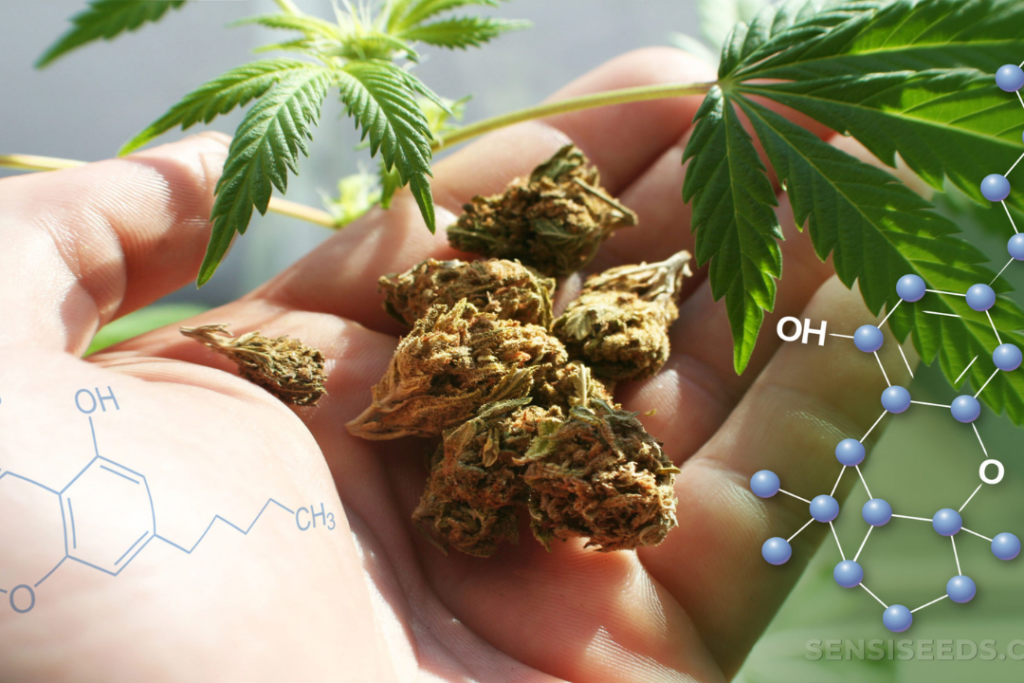
Medical Cannabis and Sleep Disorders: Can CBD Improve Your Rest?
Understanding Medical Cannabis
Medical cannabis, often referred to as medicinal marijuana, is derived from the Cannabis sativa plant and contains active compounds called cannabinoids, including THC (tetrahydrocannabinol) and CBD (cannabidiol). While THC is psychoactive, CBD is non-psychoactive and has gained attention for its potential therapeutic effects.
Cannabis interacts with the body’s endocannabinoid system, which regulates sleep, mood, pain, and stress. This makes it a promising option for individuals struggling with sleep disorders such as insomnia, restless leg syndrome, or circadian rhythm disruptions.
Legal Status and Regulations: Australian and Global Context
In Australia, medical cannabis was legalized federally in 2016. Access is tightly controlled by the Therapeutic Goods Administration (TGA). Patients can only obtain medical cannabis through authorized healthcare providers and licensed suppliers. Products must meet strict quality standards, and prescriptions are individualized.
Globally, regulations vary. Canada and Israel offer broad medical access and research support. In the U.S., laws differ by state, with some allowing full medical cannabis use and others restricting it to clinical trials. Many European countries are gradually expanding legal access under healthcare supervision.
How Medical Cannabis Supports Sleep
Research suggests cannabinoids, particularly CBD, can support sleep in several ways:
- Reducing Anxiety: CBD can help reduce racing thoughts and anxiety, common contributors to insomnia.
- Regulating Sleep Cycles: Cannabinoids interact with receptors that influence circadian rhythms, potentially improving sleep quality.
- Alleviating Pain: Chronic pain often interferes with rest; medical cannabis can reduce discomfort and enhance sleep duration.
Patient studies indicate that individuals using CBD for sleep report falling asleep faster, experiencing fewer nighttime awakenings, and feeling more rested upon waking.
Potential Risks and Side Effects
Although generally considered safe, medical cannabis may have side effects:
- Common Effects: Drowsiness, dry mouth, dizziness, or mild gastrointestinal issues.
- THC-Specific Effects: Psychoactive effects may cause anxiety, euphoria, or impaired coordination.
- Interactions: Cannabis may interact with other medications, such as blood thinners or sedatives, necessitating careful supervision.
Responsible use, personalized dosing, and regular follow-ups with healthcare providers are critical to minimize risks and ensure optimal outcomes.
Ethical Considerations in Prescribing
Healthcare professionals must navigate ethical responsibilities when prescribing medical cannabis:
- Informed Consent: Patients should fully understand benefits, risks, and alternatives.
- Individualized Dosing: Treatment should be tailored to age, weight, sleep disorder type, and tolerance.
- Monitoring: Continuous assessment ensures safe usage and avoids dependence or misuse.
Education is also essential. Many patients remain unaware of the differences between THC and CBD, emphasizing the importance of professional guidance.
Case Studies and Research Insights
Clinical studies increasingly support CBD’s role in sleep:
- A 2022 Australian study involving adults with chronic insomnia showed that nightly CBD use improved sleep onset and reduced anxiety-related nighttime awakenings.
- Patients with PTSD reported more restful sleep and fewer nightmares when using CBD-dominant formulations.
Real-world patient testimonials often emphasize the combination of pain relief, stress reduction, and improved sleep quality, reinforcing the benefits seen in controlled studies.
Responsible Use Strategies
Safe and effective use of medical cannabis for sleep includes:
- Starting Low: Begin with small doses to gauge individual response.
- Consistent Timing: Use CBD consistently at the same time each evening.
- Avoid Driving or Operating Machinery: THC can impair coordination and alertness.
- Track Sleep Patterns: Maintaining a sleep diary can help optimize dosage and timing.
Such strategies ensure that medical cannabis benefits are maximized while minimizing potential side effects.

Overcoming the Stigma
Despite growing evidence, stigma persists. Cannabis remains associated with recreational use and addiction in public perception. Healthcare education, patient advocacy, and peer-reviewed research are crucial for breaking stereotypes and encouraging acceptance.
Australian clinicians are increasingly integrating cannabis into treatment plans for sleep disorders, emphasizing it as a therapeutic tool rather than a recreational substance. This cultural shift supports broader adoption in healthcare settings.
Conclusion
Medical cannabis, particularly CBD, shows promising potential in improving sleep quality and addressing sleep disorders. Legal access, professional guidance, responsible usage, and ongoing research are essential to maximize benefits and minimize risks. As awareness grows and stigma diminishes, medical cannabis is becoming an increasingly respected component of modern sleep healthcare.
FAQS
Yes, research suggests that CBD may improve sleep onset, reduce nighttime awakenings, and alleviate anxiety-related insomnia. Patients often report feeling more rested and experiencing improved overall sleep quality when using CBD under medical supervision.
Yes, medical cannabis is legal in Australia. Patients require a prescription from an authorized healthcare provider and must obtain products from licensed suppliers under TGA regulations. Proper medical supervision ensures safe and responsible use.
Common side effects include drowsiness, dry mouth, dizziness, and mild gastrointestinal discomfort. High doses of THC can also cause psychoactive effects like anxiety or impaired coordination. Healthcare supervision helps minimize these risks.
CBD can be administered as oils, capsules, tinctures, or edibles. Timing and dosage should be personalized. Typically, CBD is taken in the evening to promote relaxation and support sleep cycles, under guidance from a healthcare professional.
